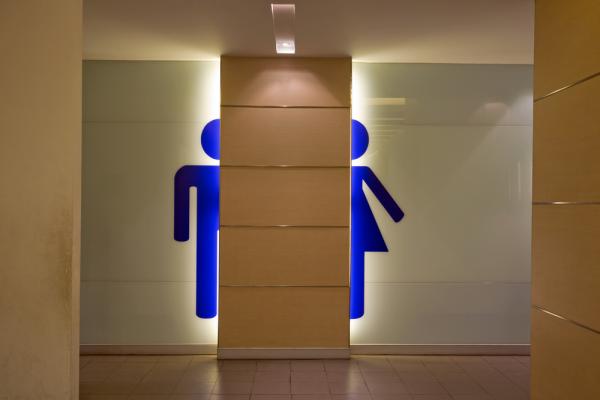Feb 22, 2016
For those of us who live outside South Dakota, these issues may seem too far-removed to touch our lives in a meaningful way. But in the Bible we find that our neighbors continue to be our neighbors, regardless of how far away they live. As Christians, we are called to love and work for the good of our neighbor, and as followers of Jesus we are called to protect the most vulnerable. Surely there must be a way to ensure the safety of all of the children in South Dakota’s school system, and not just the majority.
Read the Full Article

Already a subscriber? Login
